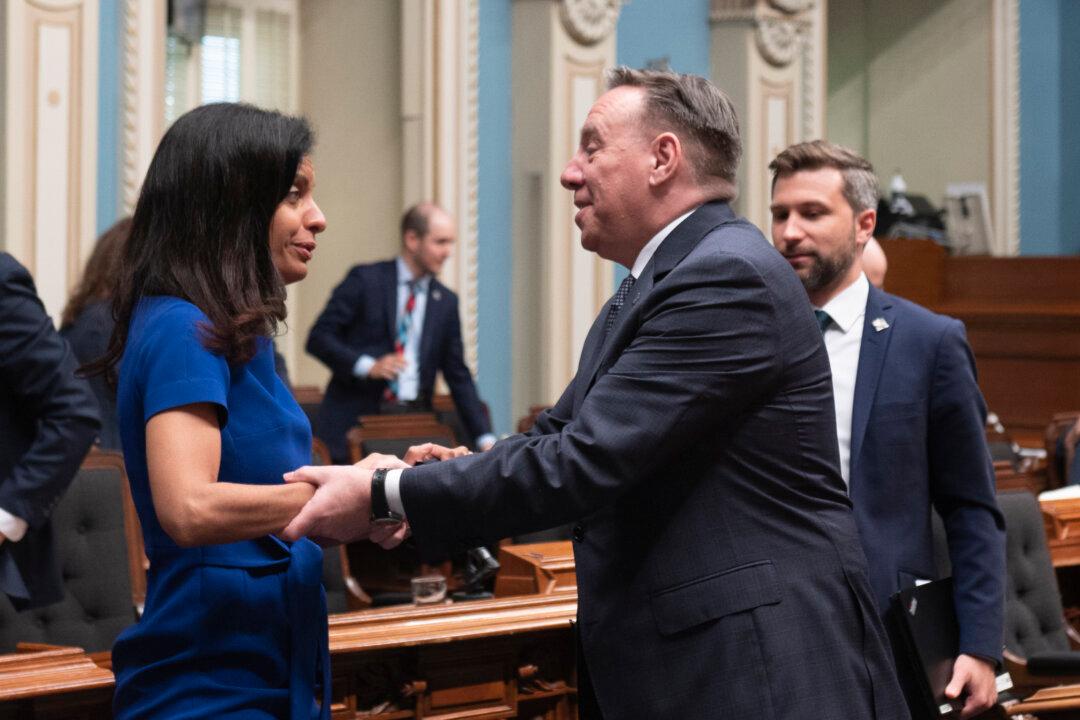When Quebecers go to the polls for a provincial election a month from now, they will face a changed political landscape, with five viable parties competing for votes and the separation issue losing traction, pundits say.
The Oct. 3 election will determine whether Quebecers still support the Coalition Avenir Québec (CAQ) and its approach to Quebec nationalism post-COVID, whether the Parti Québécois (PQ) still holds relevance, how well the policies championed by the Quebec Liberals and Québec solidaire are perceived, and how the fledgling Conservative Party will fare with its fiscal conservative policies and pro-freedom stance.





